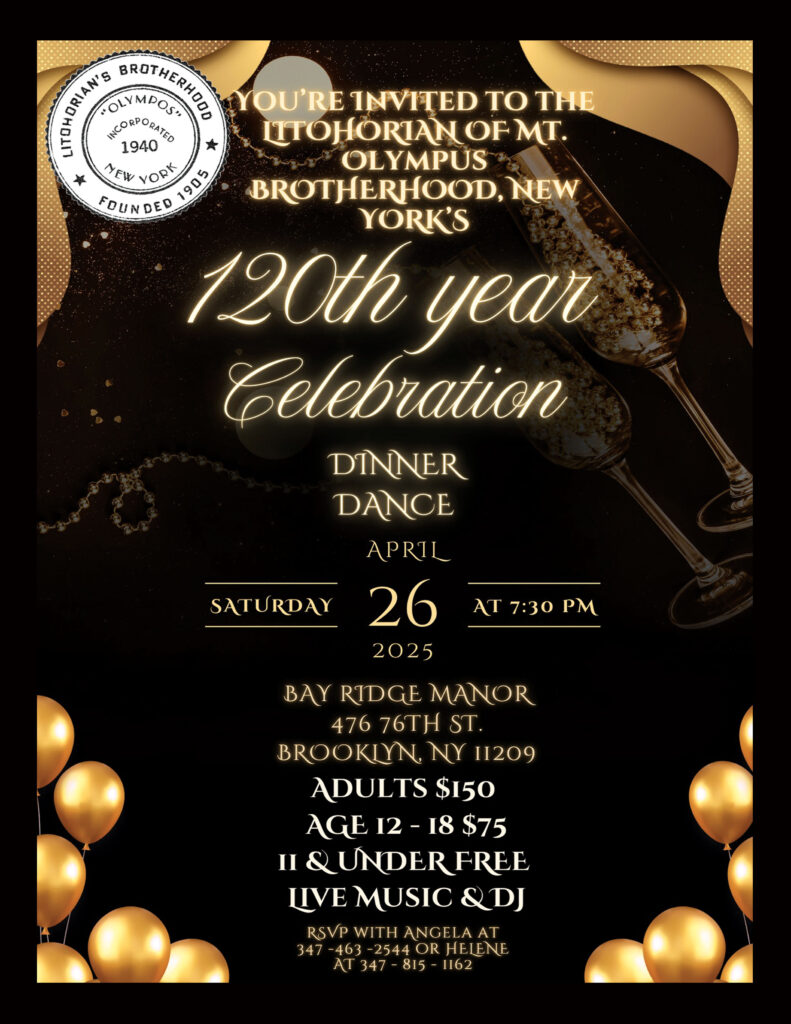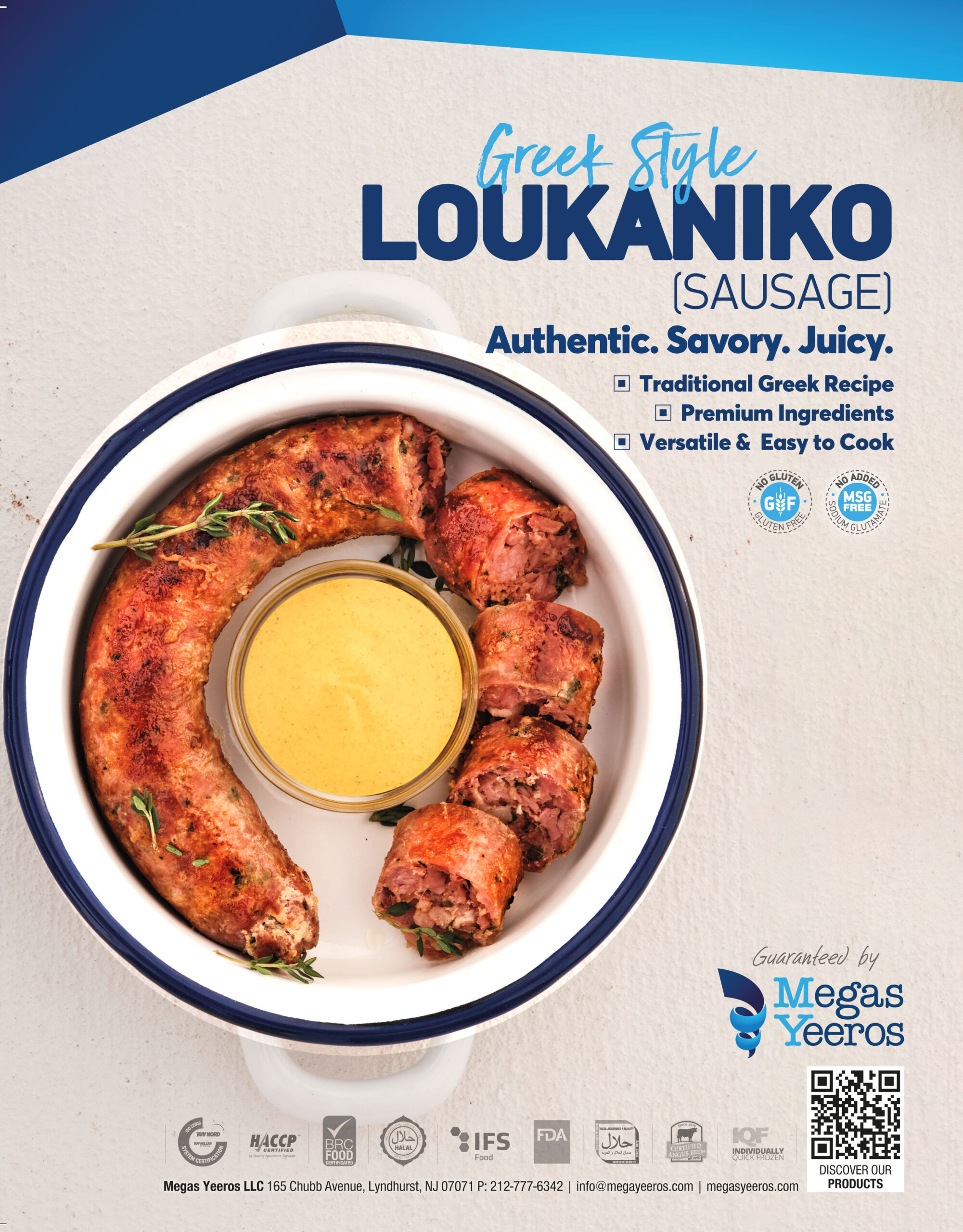When You Want to Cash In Your Chip
Posted by estiator at 12 August, at 10 : 15 AM Print
MANAGING FOR SUCCESS By CONSTANTINE N. KOLITSAS Business Coach
WE all know that a nice kitchen and nice bathrooms add value to our homes; that a fresh paint job, a manicured lawn, and updated hardware on its doors and cabinets will help inflate a home’s value ahead of a purchase. But it seems this formula is not translating to our businesses: A recent tour around some long-established restaurants has me scratching my head as to how these restaurant owners expect to extract value when it’s time to retire and cash in.
Too often, I come across restaurants that have been neglected for years, often decades. Yet the owners, who come to me to help them calculate the value of their life’s work when they want to retire, don’t understand how by putting off improvements they have crippled their ability to attract a fair price for that life’s work.
“But look at how much money we are making,” I’m told (although the books aren’t always open for inspection).
One important thing to understand when it’s time to sell is that a buyer is not buying You. And while You may be successful because of You, you’ll need to understand that if the only thing that the restaurant has going for it is You, then you’ve got nothing to sell. Old equipment, rundown dining rooms, a tired concept— those are not things that will sell your restaurant.
Just as a homeowner should be keeping his home up-to-date for the entire time that they’re occupying that home, so too should a restaurateur be keeping his or her restaurant upto-date. This way, when it comes time to sell, the value is there in the restaurant’s physical plant, and, hopefully, in it’s book-of-business.
And this all boils down to the philosophical discrepancy between what is an expense and what is an investment. Renovations (small and large) are not expenses when they add value to your business. And while we all hope that the investment pays itself off in increased sales, we also need to understand that the investment adds value at the time of selling the business.
OLD EQUIPMENT, RUNDOWN DINING ROOMS, A TIRED CONCEPT—THOSE ARE NOT THINGS THAT WILL SELL YOUR RESTAURANT.
I had a restaurant owner in a tony suburb of Connecticut’s state capital that insisted his restaurant should sell for $500,000. Looking around, the place was in disrepair, with a very abrasive décor that reflected the era in which the owner first took possession of the rented space—1992. The location was good, and the demographics were superb, but the restaurant was doing almost no business (less than $1,000 per day for a space that accommodated over 120 guests). The owner was obviously delusional. He had allowed conditions to deteriorate, and the business to go to nothing. But because he had ten years on the lease and it was in a good area, he thought he was sitting on a gold mine.
“It needs $200,000 worth of work to just be ‘okay,’” I told him, “and because you’re not doing any business, there’s no value in the restaurant’s name.”
I told him I might know someone that would take it off his hands for $50,000. His jaw dropped and I thought he was going to chase me out of his restaurant. Now it’s two years later and he’s still waiting for that big payday that won’t ever come.
The bottom line is that if we want to cash in on our businesses when we retire, we need to run them every day as if they’re going on the market tomorrow. Don’t wait to manicure the lawn and change out the hardware. Build value in your business every day so that when you need to extract that value, it’s there for you. If you’re smart about it, the investment will pay for itself with increased business and, in that way, it’s an all-around win-win scenario.
CONSTANTINE KOLITSAS is the president of CNK Consulting, a Restaurant Consultant and Coaching business. He can be reached at 203-947 6234 or at ckolitsas@gmail.com














